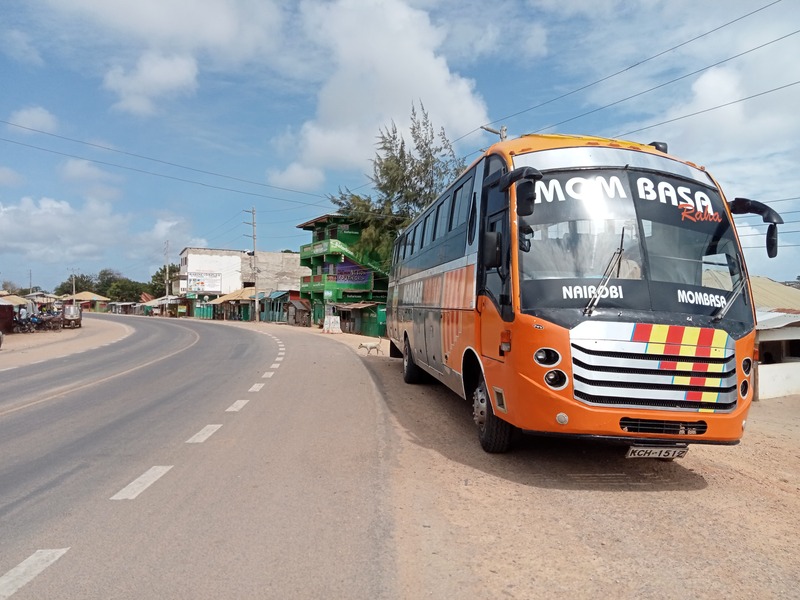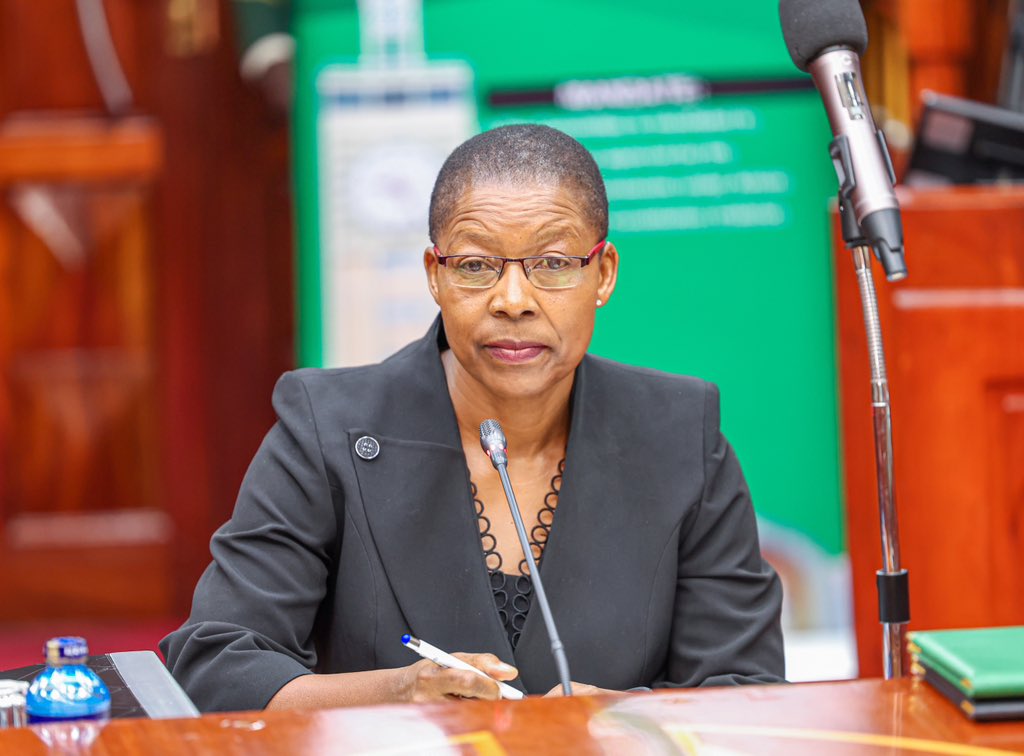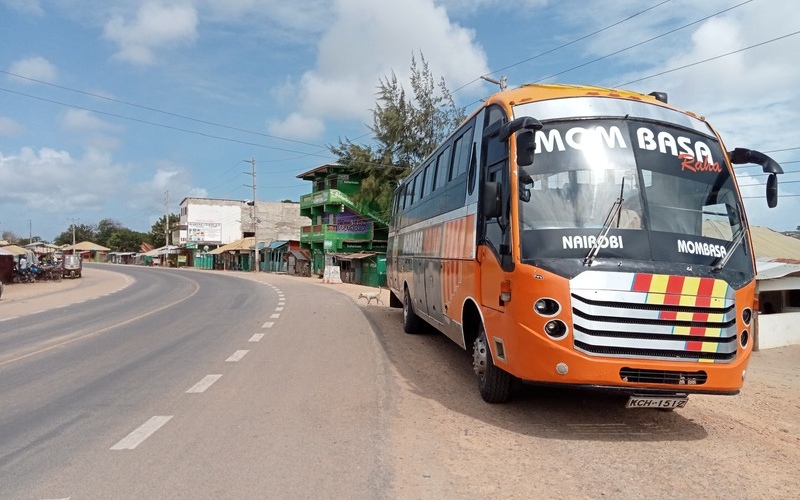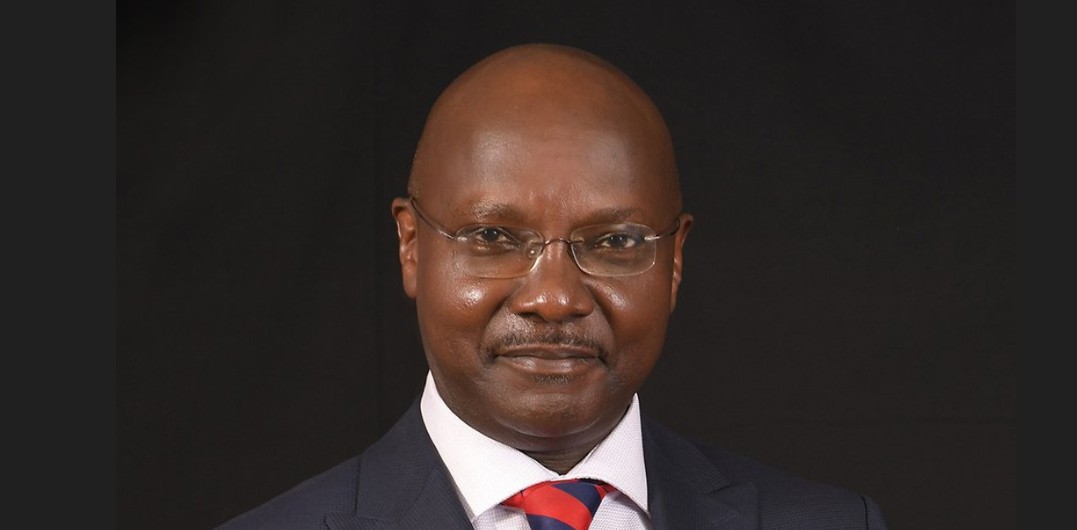Drug abuse: State considers banning off-campus housing for varsity students

Officials say that unsupervised off-campus housing is to blame for the rise in drug abuse and bad behaviour among students.
The government is considering restricting university students to on-campus housing or accredited hostels as part of efforts to curb drug abuse, insecurity, and indiscipline.
The National Authority for the Campaign Against Alcohol and Drug Abuse (NACADA) wants to make structured housing mandatory. Officials say that unsupervised off-campus housing is to blame for the rise in drug abuse and bad behaviour among students.
More To Read
- Night travel ban on Lamu-Witu-Garsen road to remain, says CS Murkomen
- Nubians recognised as Kenyan ethnic group since 1978, says CS Murkomen
- Dozens killed, hundreds displaced as heavy rains batter several counties
- Death toll rises to 21 in Elgeyo Marakwet landslide as government pauses rescue operations
- KeRRA warns of impassable roads as landslides kill 15 people in Elgeyo Marakwet
- Kenyans to replace lost IDs for free as Government gazettes six-month waiver on fees charged
If implemented, the policy would require universities to expand their on-campus housing or partner with approved private hostels to provide a controlled living environment.
In a statement on Thursday, NACADA urged university management to make it compulsory for students to live either within institutions or in accredited privately managed hostels to ensure a structured and monitored environment.
“The university management is to consider mandatory accommodation of university students within the institutions and in accredited privately managed accommodation facilities outside the university,” the Authority said.
Speaking during the launch of a report on drug and substance abuse in Kenyan universities, Interior Cabinet Secretary Kipchumba Murkomen expressed concern over the increasing prevalence of drug use among students, linking it to indiscipline and prolonged academic stays.
He noted that some students, originally enrolled in courses designed to take four years, were extending their studies up to seven years due to drug-related activities.
"We need to investigate why a student is not leaving school, pretending to finish one course and moving to another course, or delaying their finishing school," he said.
Murkomen noted that some universities had previously hosted wealthy and influential students who were not involved in any legal business. “We want to deal with those types of students because of the business they do around.”
To address the issue, the CS directed Inspector General of Police Douglas Kanja to strengthen security in police stations located near universities, instructing officers to heighten investigations into drug-related activities. He called for increased intelligence gathering within universities and their surrounding areas to identify and dismantle drug networks.
“We want intelligence officers to work with the universities, the university students and the police officers so that we get proper intelligence and interventions in dealing with drug abuse, especially with cannabis, heroin, and cocaine,” he said.
A report released by NACADA reveals that 66.4 per cent of drugs accessed by university students come from their friends. The report also shows that some students are actively involved in the supply and sale of drugs within their institutions.
Murkomen called for stricter enforcement of regulations to curb the sale of cheap alcohol near learning institutions, arguing that easy access to illicit liquor was fuelling substance abuse among students.
“We need to ban these cheap spirits and funny alcohol first and designate the canteens to say you can sell certain levels of alcohol,” he said.
Kanja, who was also present at the event, stressed the importance of protecting young people from the dangers of drug abuse, warning against anything that threatens their future.
“To protect young people from drug abuse, we will strengthen our efforts by involving the Anti-Terror Unit,” he said.
NACADA has also outlined a series of measures aimed at preventing drug and substance abuse in universities, improving mental health support, and strengthening rehabilitation programs for affected students. The authority has recommended the introduction of sustained drug prevention initiatives, including mentorship programmes targeting vulnerable students.
Universities have been urged to enhance their guidance and counselling services to provide timely support to students struggling with addiction, mental health disorders, or unresolved trauma. NACADA is also advocating for collaboration between universities and religious institutions to incorporate faith-based interventions in drug prevention efforts.
Parents and guardians have also been called upon to take a more active role in monitoring and guiding their children throughout their academic journey. Additionally, NACADA has proposed that the government establish affordable rehabilitation services specifically designed for university students battling addiction.
To ensure long-term support, universities have been encouraged to set up recovery programmes for students overcoming substance abuse, including mentorship, counselling, and monitoring to prevent relapse.
NACADA has also suggested the creation of recovery communities within institutions, providing students on the path to sobriety with emotional and social support.
The authority is pushing for increased collaboration between university administrations and law enforcement agencies to maintain drug-free environments on campuses.
It has also been proposed that institutions of higher learning be included in the 300-meter restriction rule under the Alcoholic Drinks Control Act, of 2010, which prohibits alcohol-selling establishments from operating near educational institutions.
Top Stories Today










































